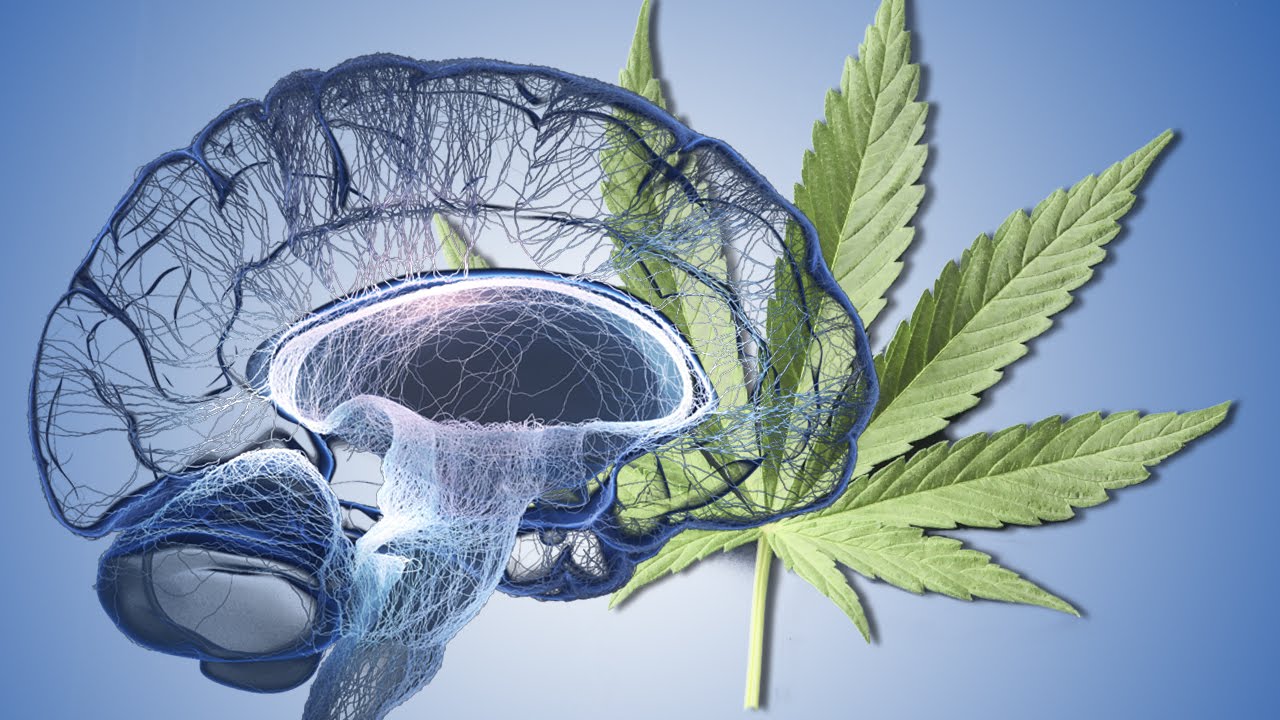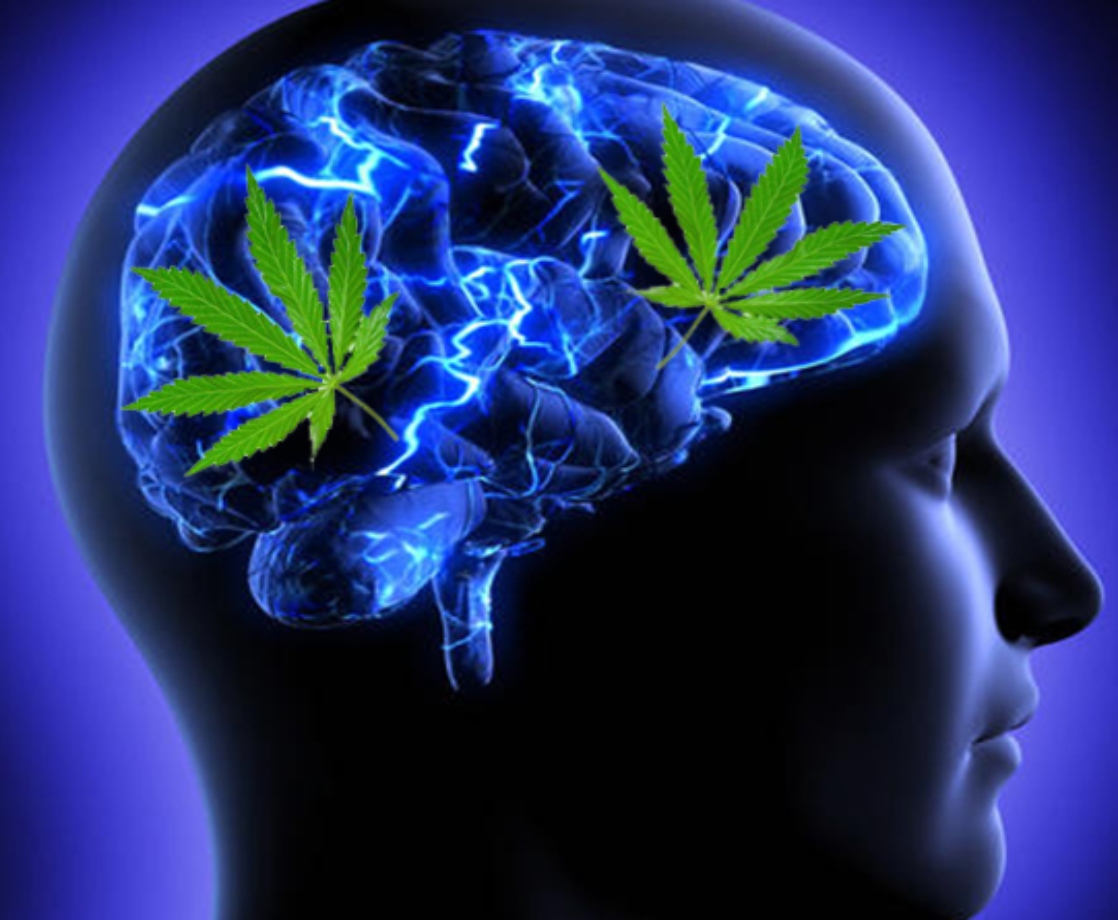Folks are finally fessing up to why they take medicinal cannabis: It helps them regulate their moods, fight stress, and otherwise live a life of relative contentment. How many of you reading this toke a bowl after a long day of work just to keep from flying off the rails? Exactly.
A new study from Australia is now claiming otherwise. According to the researchers’ data, there’s no hard evidence that weed helps with treating mental illness, mood disorders, or facilitates good mental health. But there are some serious caveats to consider.
The study, published in the medical journal The Lancet, concluded: “There is scarce evidence to suggest that cannabinoids improve depressive disorders and symptoms, anxiety disorders, attention-deficit hyperactivity disorder, Tourette syndrome, post-traumatic stress disorder, or psychosis.” The researchers added that weed didn’t appear to help with anxiety, and that more high-quality studies are needed to draw any definite conclusions.
How’d the researchers settle on this? They looked at 83 previously published studies regarding weed and mental health effects, which included a total of 3,067 subjects. (Yes, that’s plenty of samples for statistical testing.) After compiling the results across these 83 studies, the researchers found no significant link between weed use and mental health improvement
However, they noted that there were some “low-quality” studies that suggested THC could help with anxiety, and one study showed that THC increased psychotic symptoms rather than relieved them.
So, of course, the media latched onto this study as definitive proof that weed’s ability to control stress levels and anxiety was a myth. For instance, the science blog Live Science ran the headline, “There’s No Evidence Marijuana Will Treat Your Anxiety or Depression.” Science 2.0 ran with, “Marijuana Cannabinoids Don’t Help With Depression, Anxiety, ADHD, Tourettes, Psychosis, or PTSD.” And The Guardian titled its story on the study: “Risks of cannabis use for mental health treatment outweigh benefits.”

One Study Does Not Invalidate Previous Research
While the Australian study does show that we need more research on cannabis’s effects on mental health, it’s inaccurate to state that this study disproves weed’s ability to help the mind. Science doesn’t work that way. We can’t point to one study that claims something contradictory while ignoring a mountain of scientific evidence that says otherwise. And there have been many studies over the years, as well as strong anecdotal evidence, that suggests cannabis can help with anxiety, stress, depression, and anger management.
There were also some major flaws in this study, as there are with many scientific studies. For one, the researchers have no idea what kind of weed some of the previous studies’ participants were taking, or even how the subjects consumed their cannabis or at what frequencies. We know that not all cannabis products are created equally, and some products may work better for certain medical conditions than others.
On top of that, we already know that weed isn’t a cure-all for every mental issue on the books. Dr. Eugene Schoenfeld, a California-based psychiatrist, noted to MERRY JANE earlier this year that he’s recommended cannabis to at least two schizophrenic patients in the past. However, he did not recommend cannabis to treat their schizophrenia. Rather, the weed was for treating their anxiety, which was mostly caused by schizophrenia. These two patients required careful monitoring, he said, just in case the weed did cause their symptoms to act up.

These Same Researchers Previously Claimed Weed Didn’t Help with Pain, Either
Last year, an Australian research group published a study that claimed cannabis did nothing for controlling pain, and that the phenomenon was likely placebo. That’s odd, considering there are thousands of studies that confirm weed can control pain and inflammation, though cannabis does not completely eradicate the perception of pain like some opioid painkillers. Rather, cannabis alters our perception of pain to make it more bearable.
Now, take a closer look at the latest Australian study’s authors. Three of them, Gabrielle Campbell, PhD., Wayne Hall, PhD., and Michael Farrell also co-authored last year’s weed-doesn’t-treat-pain study, too.
Campbell is a criminologist who primarily studies pain-management among opioid abusers and suicidal cancer patients. Hall is a university professor and addiction-treatment specialist. And Farrell is a professor of addiction psychology. All three of them work for Australia’s National Drug and Alcohol Research Centre (NDARC), a New South Wales research institute that’s funded by the Australian government through the National Drug Strategy program. In other words, NDARC is sort of like the National Institute of Drug Abuse (NIDA) in the US, which gladly funds drug research so long as that research affirms current drug enforcement policies.
And the National Drug Strategy program, despite its stated commitment to harm reduction, has dedicated itself to anything but. According to its own data, the program spends a whopping two-thirds of its budget on busting drug dealers and users and not on treatment programs, education, or other harm reduction strategies.
Gallery — Seniors Who Puff Never Get Old:
In other words, these three researchers are neck-deep in the addiction treatment industry, and they’re essentially being bankrolled by cops. And as we know from addiction specialist Kurt Isaacson, who runs an addiction treatment clinic in the US, legalizing weed will hurt the addiction-treatment industry’s bottom-line, since it depends on stigmatizing cannabis use and court-ordered therapies to keep the profits rolling in.
Of course, not all addiction specialists oppose weed legalization. Many of the doctors behind the Global Drug Survey agree that drug decriminalization or legalization will make it easier for addicts to seek out help. And even NDARC’s Campbell and Hall, in a separate 2018 study, concluded that weed could help alleviate opioid addiction, though, again, more research was needed.
So, what’s the takeaway? Take the latest Australian researchers’ study with a grain of weed. But keep in mind that they’re right about one thing: We need more studies regarding cannabis’s effects on us, and government obstruction into this research is not helping anyone.
Follow Randy Robinson on Twitter











